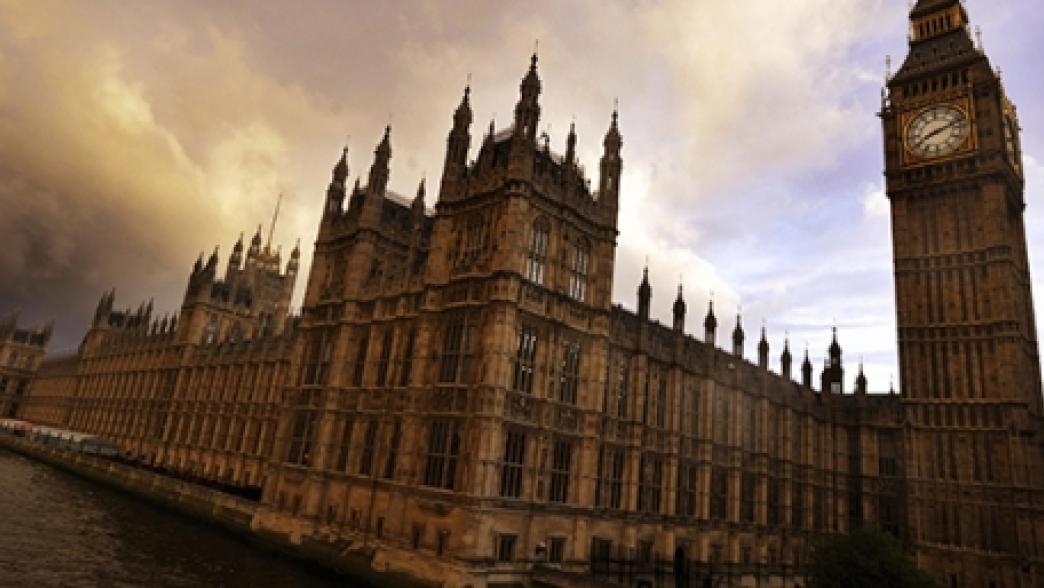Secondary legislation: how is it made?
Secondary, or delegated, legislation is law made by a person or body other than parliament, under powers delegated by a ‘parent’ Act of parliament.

What is secondary legislation?
Secondary, or delegated, legislation is law made by a person or body other than parliament (usually government ministers), under powers delegated by a ‘parent’ Act of parliament. This parent act is referred to as ‘primary’ legislation, and specifies what the secondary legislation can do, who can make it and (usually) the procedure through which it should be made.
How can secondary legislation be identified?
Secondary legislation usually has the words ‘rule’, ‘order’ or ‘regulation’ in the title. Many pieces of secondary legislation are referred to as ‘statutory instruments’ or ‘SIs’, which are the most common form of secondary legislation.
What is secondary legislation used for?
Secondary legislation is used for broadly three purposes:
- To fill out the detail of an Act of parliament. Many Acts of Parliament only set out the high-level policy direction, leaving much of the technical detail to be provided through secondary legislation later. This approach is usually taken for two reasons. First, as parliament has already approved the broad shape of the policy and adding such detail is not thought to warrant the same intensive scrutiny as an Act of parliament. Second, practically, there is insufficient parliamentary time or capacity to include such technical detail in an Act of parliament.
- To provide flexibility to update the law when necessary. In some areas, policy is subject to regular, small changes, which are not thought to warrant a new Act of parliament. For instance, if a parent Act establishes a particular benefit, secondary legislation may be used to uprate the benefit each year. In some cases, powers to create secondary legislation may have been made with the intention that they would be used for relatively uncontroversial purposes, but later be used to make significant policy change- such as in 2015, when the government attempted to use secondary legislation to make changes to tax credits. Some controversial powers – known as Henry VIII powers – allow secondary legislation to be used to amend or repeal primary legislation.
- To respond to urgent situations. Some parent Acts provide for secondary legislation to come into effect immediately, allowing the government to rapidly change the law in response to events. An extreme example of this part of the Civil Contingencies Act 2004, which empowers ministers to make emergency regulations in times of national crisis.
Who can make secondary legislation?
The parent Act of parliament will specify the body or person who power has been delegated to by parliament. Most secondary legislation is made by government ministers, but powers can also be delegated to others, such as the ministers of the devolved administrations or to public bodies.
How can secondary legislation be challenged?
As secondary legislation is not made by parliament, the principle of parliamentary sovereignty – which usually prevents courts striking down legislation – does not apply to it. This means that secondary legislation can be challenged in the courts (i.e. be subject to judicial review), and occasionally quashed. This gives the judiciary an important role in policing the exercise of powers to make secondary legislation are used.
How is secondary legislation made?
The parent act will usually specify the process through which the secondary legislation should be made. There are two main processes that may be used, known as the negative and affirmative procedures.
These procedures provide differing levels of parliamentary scrutiny. When agreeing to delegate its legislative role, parliament will decide what level of parliamentary scrutiny it believes is appropriate, given the nature of the power. Typically, parliament will demand greater scrutiny over the exercise of far reaching powers, or those making changes in sensitive areas of policy.
Read our explainer on how secondary legislation is scrutinised.
- Keywords
- Parliamentary scrutiny Law Accountability
- Publisher
- Institute for Government